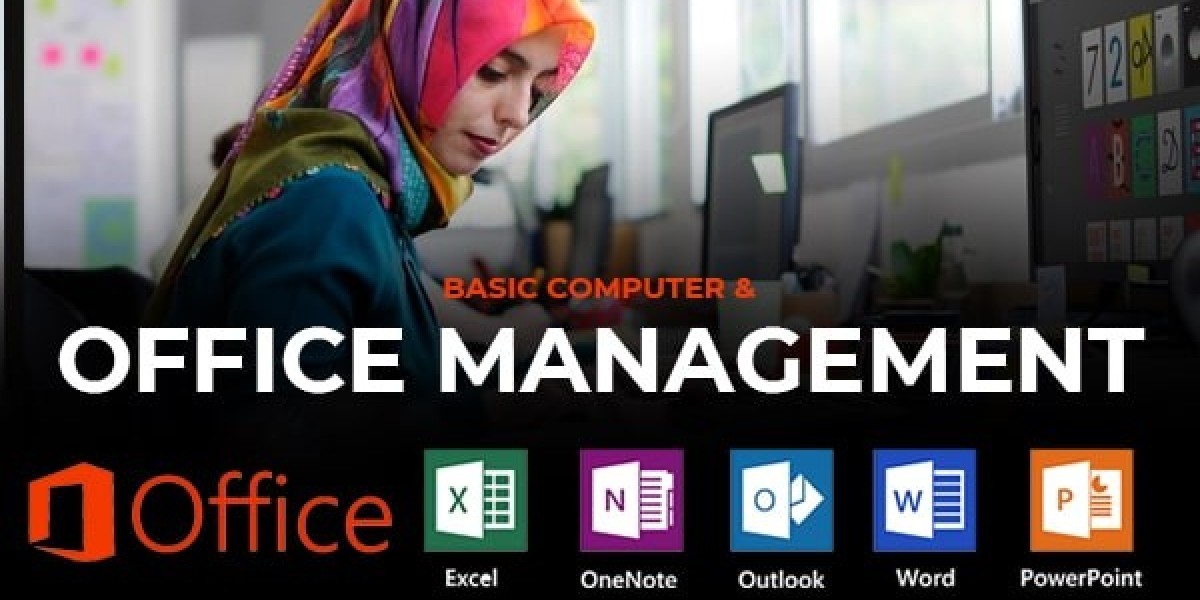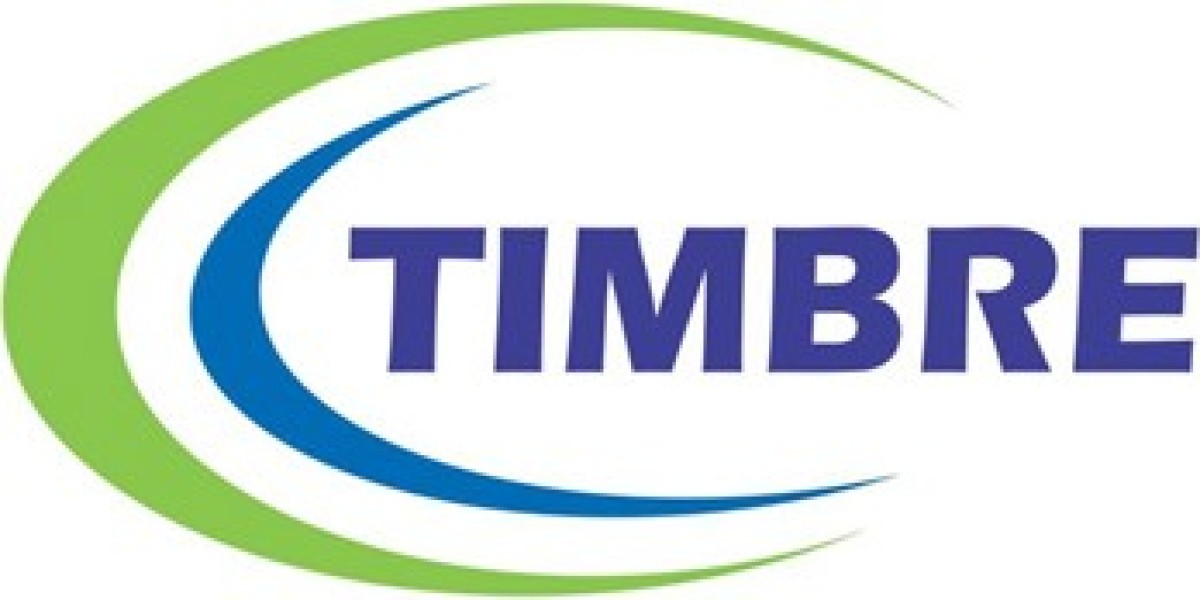Introduction to Office Management
Office management is the practice of overseeing and coordinating the administrative and operational functions within an organization. It encompasses a wide range of responsibilities, including managing office staff, organizing workflows, maintaining office equipment and supplies, and ensuring efficient communication and collaboration among teams.
The primary role of an office manager is to create a productive and organized work environment that supports the overall goals and objectives of the organization. They act as the central hub, facilitating the smooth flow of information and resources between different departments and teams.
Key responsibilities of an office manager include:
1. Staff Management: Hiring, training, and supervising administrative personnel, delegating tasks, conducting performance evaluations, and fostering a positive work culture.
2. Office Operations: Overseeing daily operations, such as managing office supplies, equipment maintenance, and implementing efficient procedures and systems.
3. Communication and Coordination: Facilitating effective communication channels within the office and with external stakeholders, coordinating meetings, and disseminating information.
4. Budget and Resource Management: Developing and managing office budgets, negotiating with vendors, and ensuring cost-effective utilization of resources.
5. Project Management: Coordinating and overseeing office-related projects, such as office relocations, renovations, or the implementation of new systems or processes.
6. Compliance and Policies: Ensuring compliance with organizational policies, legal regulations, and industry standards related to office operations and employee management.
Effective office management is crucial for organizations as it directly impacts productivity, efficiency, and employee satisfaction. A well-managed office fosters a collaborative and organized environment, enabling teams to focus on their core responsibilities and contribute to the overall success of the organization.
Note:
Organizational Structure and Culture
Effective office management requires a deep understanding of the company's organizational structure and culture. The organizational structure defines the hierarchy, reporting relationships, and decision-making processes within the organization. As an office manager, you must navigate this structure adeptly, recognizing the roles, responsibilities, and authority levels of different positions.
Adapting to the workplace culture is equally crucial. Every organization has its own unique culture, encompassing values, norms, and expectations. Successful office managers embrace the company's culture, aligning their management approach and communication style accordingly. This fosters a cohesive and productive work environment.
Fostering teamwork is a key aspect of organizational culture. Office managers play a pivotal role in promoting collaboration, open communication, and a shared sense of purpose among team members. By encouraging cross-functional cooperation, facilitating effective team meetings, and recognizing individual contributions, office managers can cultivate a culture of teamwork and collective success.
Moreover, office managers should serve as role models, exemplifying the desired behaviors and attitudes that align with the organization's culture. This includes demonstrating professionalism, ethical conduct, and a commitment to continuous improvement. By leading by example, office managers can positively influence the workplace culture and inspire others to uphold the organization's values and standards.
Office Administration Fundamentals
Effective office administration is vital for ensuring smooth operations and productivity within an organization. It encompasses a range of essential tasks that facilitate the efficient functioning of an office environment. One of the key responsibilities is record keeping, which involves maintaining accurate and organized files, documents, and databases. Proper record management not only aids in easy retrieval of information but also ensures compliance with legal and regulatory requirements.
Another crucial aspect of office administration is scheduling. This involves coordinating appointments, meetings, and events, as well as managing calendars and schedules for staff members and executives. Effective scheduling helps optimize time management, prevents conflicts, and ensures that deadlines are met.
Correspondence plays a significant role in office administration. This includes handling incoming and outgoing mail, emails, faxes, and other forms of communication. Efficient correspondence management ensures that important messages are delivered promptly and accurately, fostering effective communication within the organization and with external stakeholders.
Office supplies management is another critical responsibility. It involves monitoring inventory levels, ordering necessary supplies, and ensuring that resources are available when needed. Proper supplies management not only promotes productivity but also helps control costs and minimize waste.
Proficiency in office administration fundamentals, including record keeping, scheduling, correspondence, and office supplies management, is essential for maintaining an organized and efficient workplace. These tasks require attention to detail, excellent organizational skills, and a commitment to streamlining processes for the overall success of the organization.
Communication Skills
Effective communication is the cornerstone of a well-functioning office environment. Office managers must possess a diverse range of communication skills to facilitate collaboration, foster team cohesion, and ensure efficient operations. This section explores the various facets of communication essential for office managers.
Written Communication
Clear and concise written communication is crucial in an office setting. Office managers must be adept at crafting professional emails, memos, reports, and other written materials. Strong writing skills allow for the accurate and effective conveyance of information, minimizing misunderstandings and ensuring everyone is on the same page.
Verbal Communication
Verbal communication encompasses both speaking and listening skills. Office managers should be articulate and confident communicators, able to convey information clearly and persuasively. Active listening is equally important, enabling office managers to understand the perspectives and concerns of their team members, clients, and stakeholders.
Presentation Skills
Office managers are often required to deliver presentations, whether it's to update the team on project progress, introduce new initiatives, or provide training. Effective presentation skills involve the ability to structure information logically, create engaging visual aids, and deliver content with confidence and clarity.
Adapting Communication Style
Successful communication requires adapting one's style to suit the audience and situation. Office managers must be adept at tailoring their communication approach to different individuals and groups, taking into account cultural differences, personality types, and communication preferences. This flexibility ensures that information is conveyed in a manner that resonates with the intended audience.
By mastering written, verbal, and presentation skills, and adapting their communication style as needed, office managers can foster an environment of open and effective communication, which is essential for productivity, collaboration, and overall office success.
Customer Service
Excellent customer service is the backbone of any successful organization. It involves actively listening to customers, understanding their needs, and providing solutions that exceed their expectations.








